Slideshow: 2018 Year in Review
New students, new leadership, new debates in neurosciences and new degree programs.
The past year at UCSF was chock-full of new and exciting happenings across our research, education and patient care.
Browse the slideshow that highlights some of the milestones across UCSF in 2018.
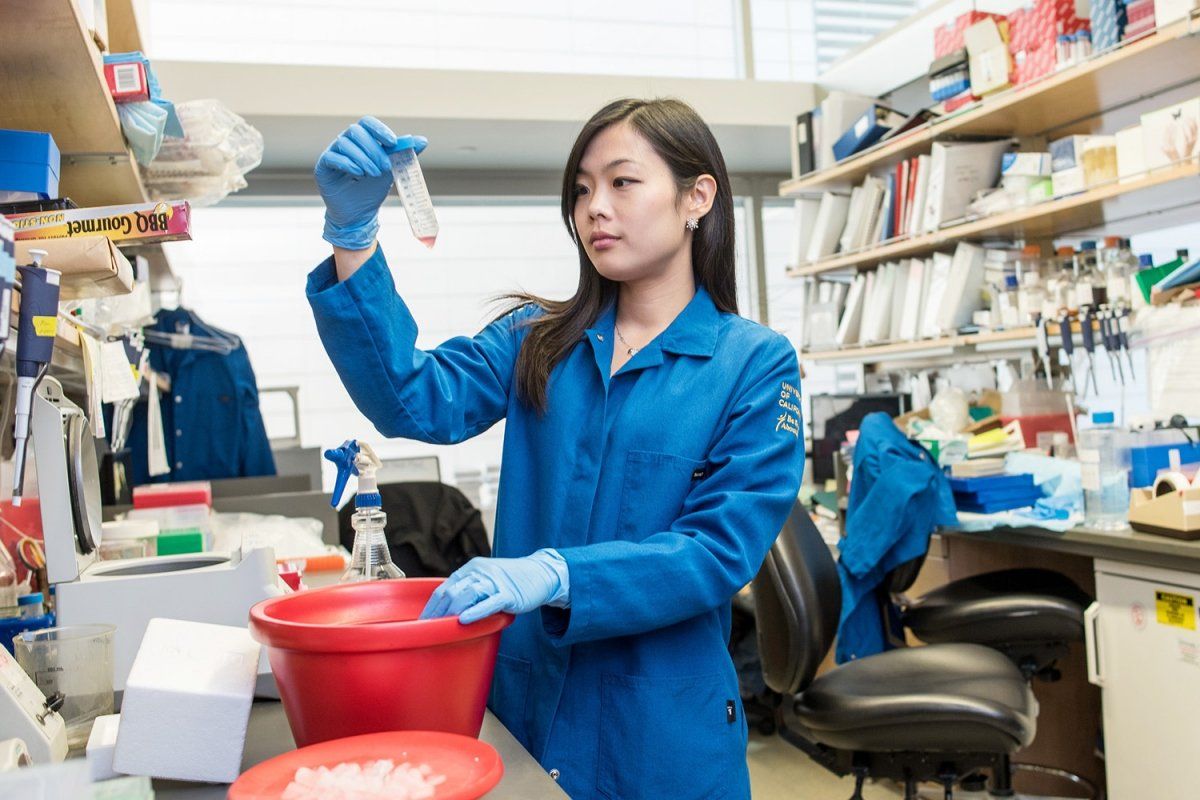
NIH LUCKY SEVENTH : With the new year came the announcement that UCSF was the top public recipient of biomedical research funding from the National Institutes of Health (NIH) for the seventh straight year. In 2017, researchers from the University’s schools of dentistry, medicine, nursing and pharmacy – the majority of whom are also affiliated with the Graduate Division’s doctoral and postdoctoral training programs – were awarded $593.9 million in NIH grants and research contracts. Photo by Barbara Ries
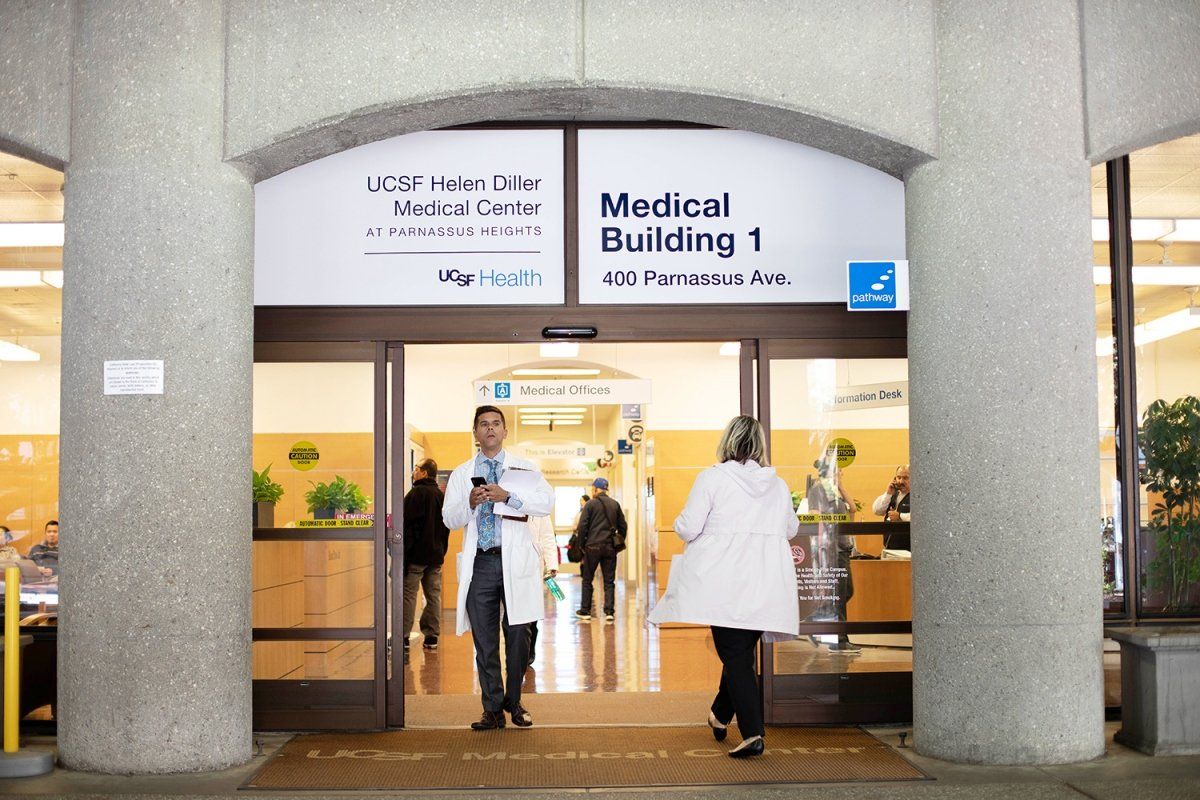
$500 MILLION GIFT: The Helen Diller Foundation committed $500 million for the planning, design and construction of a new, world-class hospital at UCSF’s Parnassus Heights campus. With this landmark commitment in February, the hospital complex was renamed the UCSF Helen Diller Medical Center at Parnassus Heights. Photo by Susan Merrell
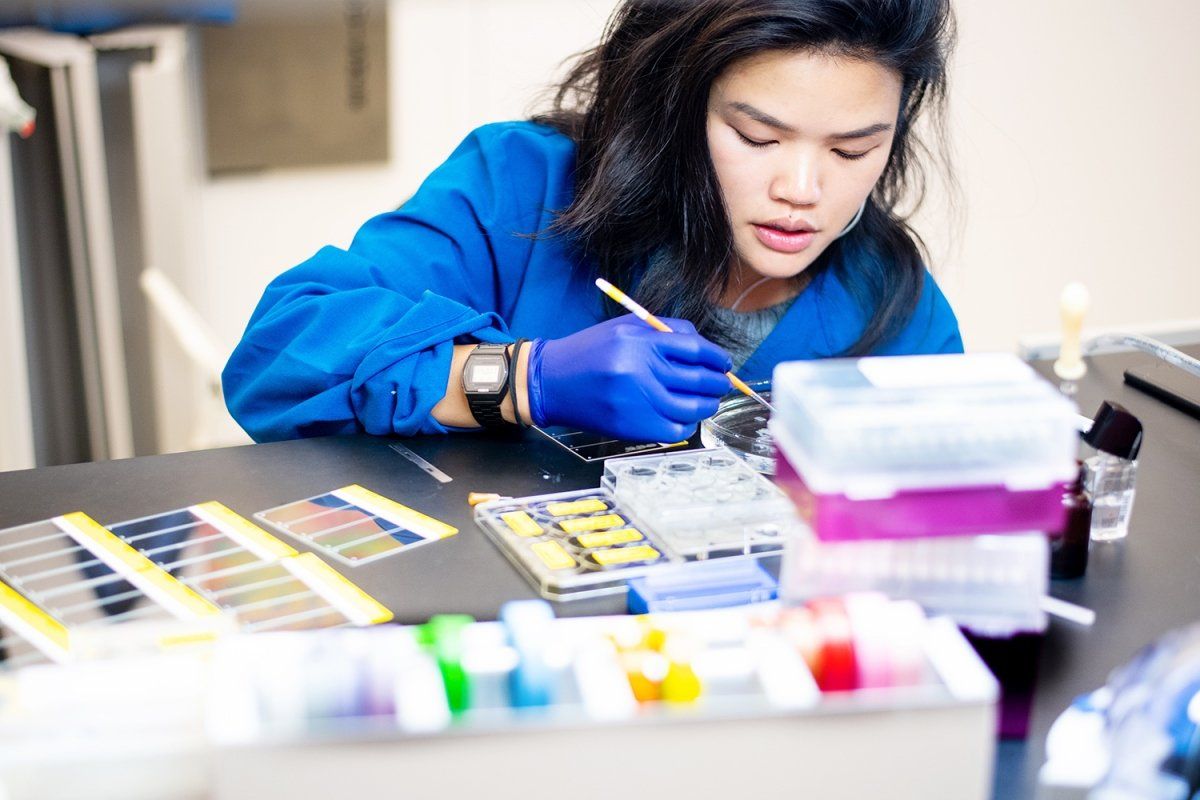
TRACKING LIFE SCIENCE CAREERS: To help grad students and postdocs navigate their career paths, UCSF helped lead an initiative to track and report data on career outcomes. Since the initial announcement in December 2017, the Coalition for Next Generation Life Science has expanded by adding data about postdoctoral scholars and provided unprecedented transparency to support the next generation of scientists. Photo by Susan Merrell
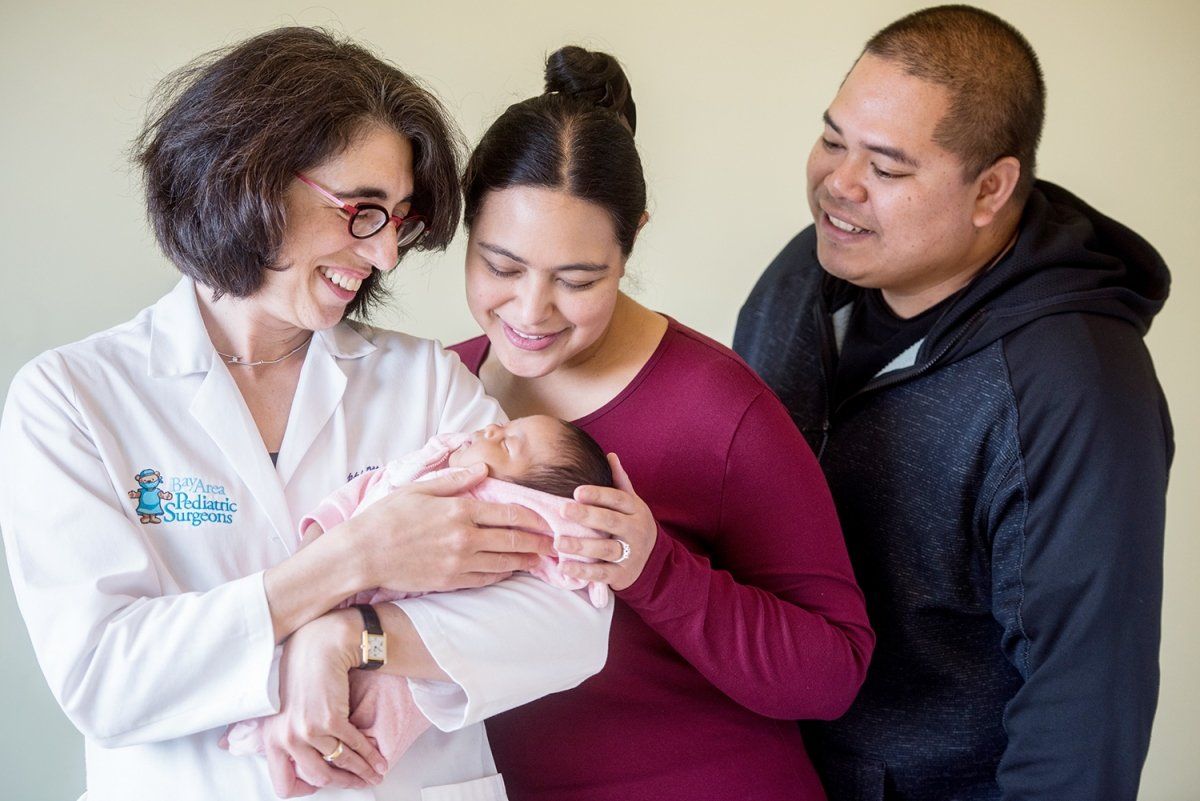
A WORLD’S FIRST: UCSF welcomed a baby in the world’s first clinical trial using the mother’s blood stem cells transplanted into her growing fetus prior to birth. The trial is assessing the safety of the in utero procedure to treat alpha thalassemia – a normally fatal condition. Elianna, who was born in UCSF’s Mission Bay hospital in February, continues to do well. Photo by Barbara Ries
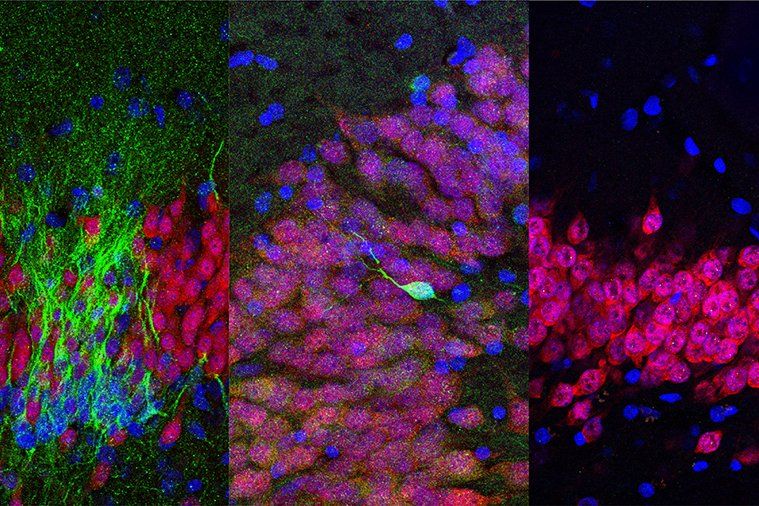
NEW NEURON DEBATE: A finding that new neurons may not generate in the human hippocampus in adulthood added to the decades-long scientific debate about neurogenesis. The study, published in March, found that humans may not produce new neurons throughout life like other species of animals like songbirds and rodents. Images by Arturo Alvarez-Buylla lab
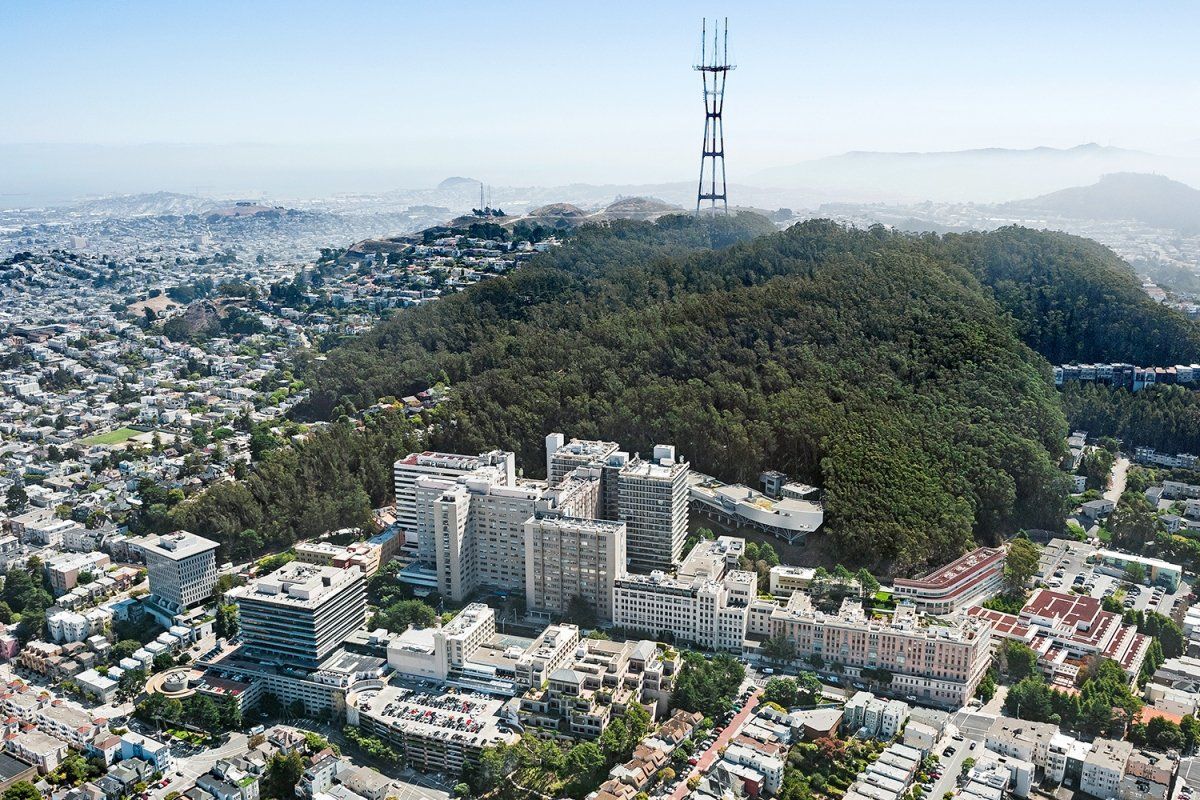
REIMAGINING PARNASSUS: UCSF kicked off the process of reimagining Parnassus Heights– the University’s largest and oldest campus. Catalyzed by the $500 million gift for the new UCSF Helen Diller Medical Center at Parnassus Heights, the planning process for the broader campus will ensure that Parnassus retains its vital role as a critical hub of learning, discovery and patient care.
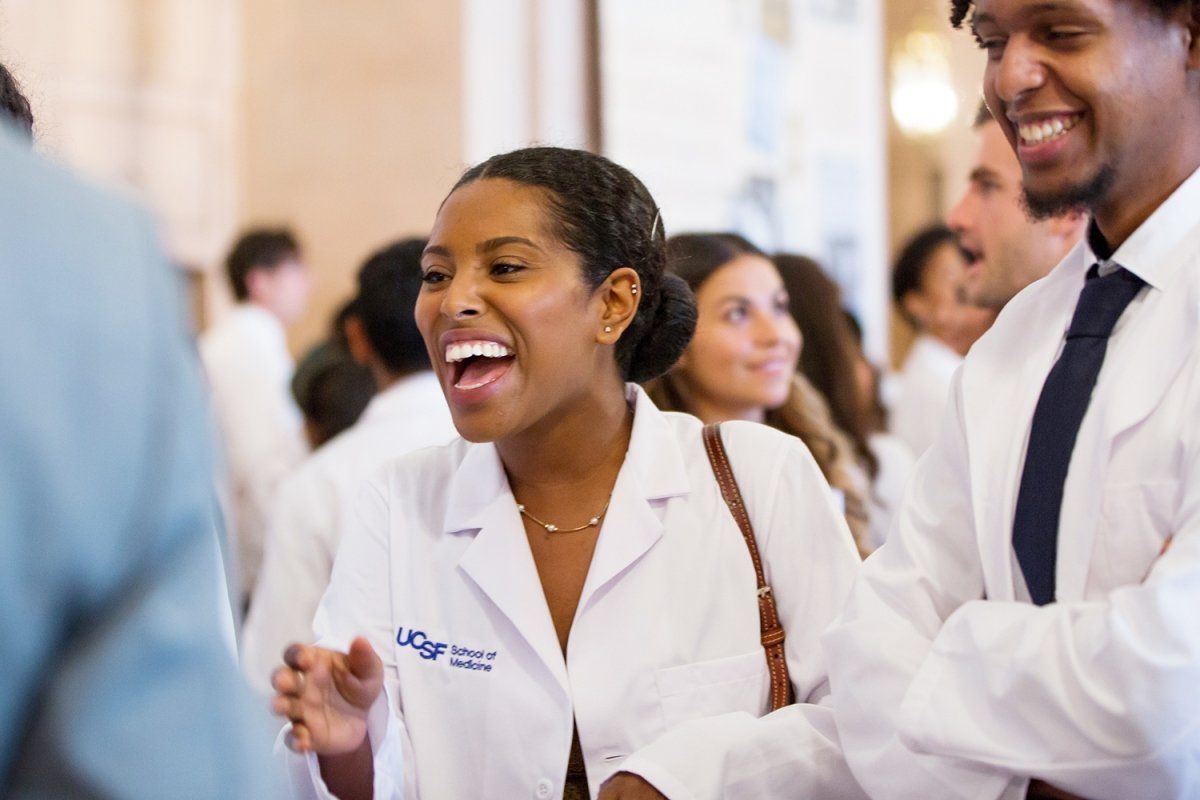
BEST GRAD SCHOOLS: The UCSF School of Medicine again was the only medical school to place in the top 5 nationally in both categories of research and primary care. The annual U.S. News & World Report survey of best graduate and professional schools, released in March, also highly ranked UCSF’s biomedical science PhD programs and the School of Nursing. Photo by Elisabeth Fall
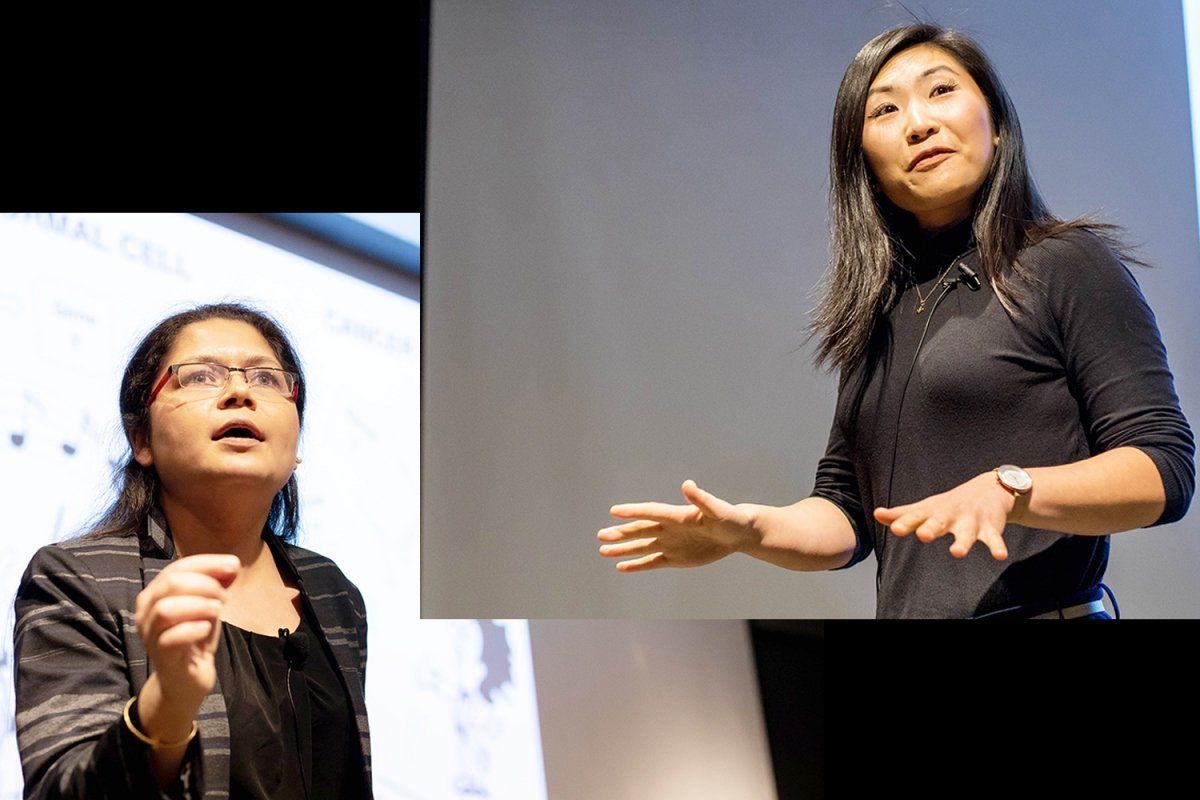
SCIENCE SLAM DUNKS: Bioengineering graduate student Yiqi Cao and postdoc Sona Chowdhury, PhD, won this year’s competitions aimed at promoting science communication. Cao impressed judges and the audience to win the Grad Slam competition with her talk about designing safer stents. She went on to also place second in the UC-wide competition. Chowdhury, PhD, won the Postdoc Slam for her straight-talk on anal cancer. Photos by Susan Merrell
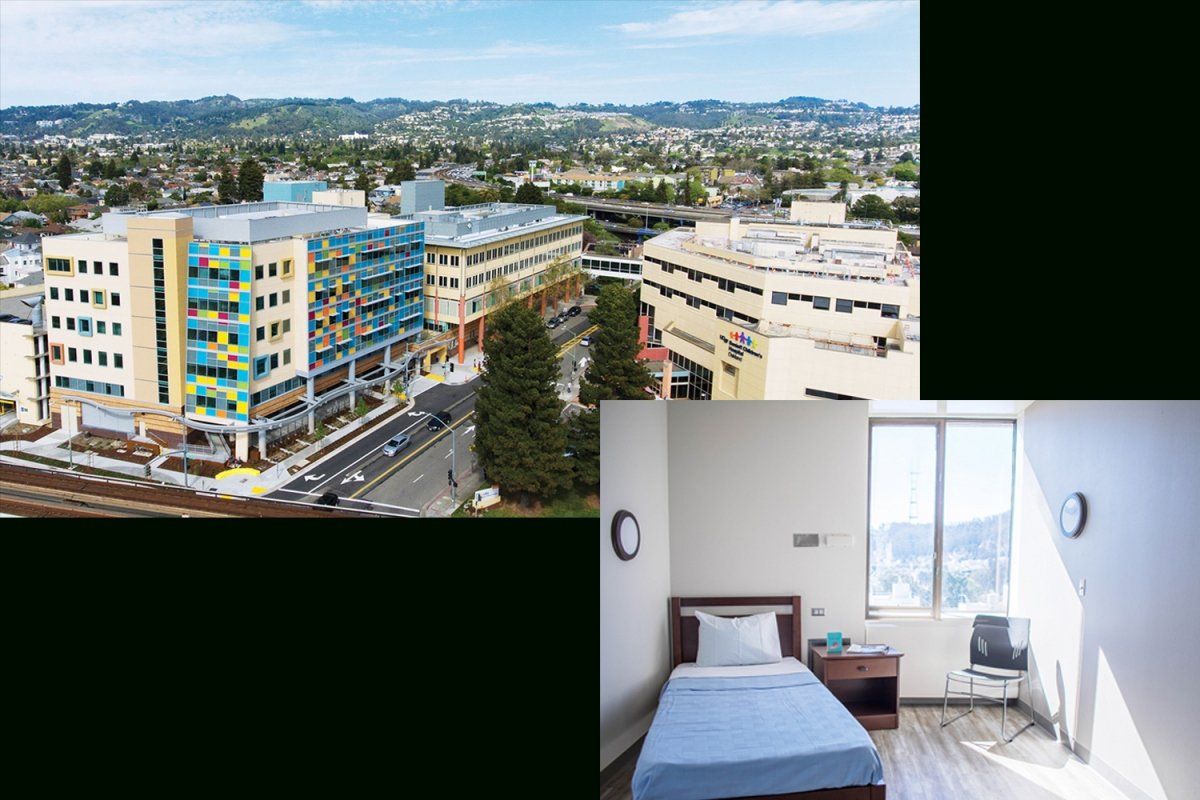
ADDRESSING MENTAL HEALTH: To help address the pressing need for mental health services, UCSF announced a couple major efforts on both sides of the Bay. UCSF joined with the City of San Francisco and other public partners to open a new 54-bed facility in March that doubled the number of beds available for adult patients who don’t need the acute care offered by UCSF. And in December, UCSF announced a $15 million gift from Marc and Lynne Benioff to expand children’s mental health services in the East Bay.
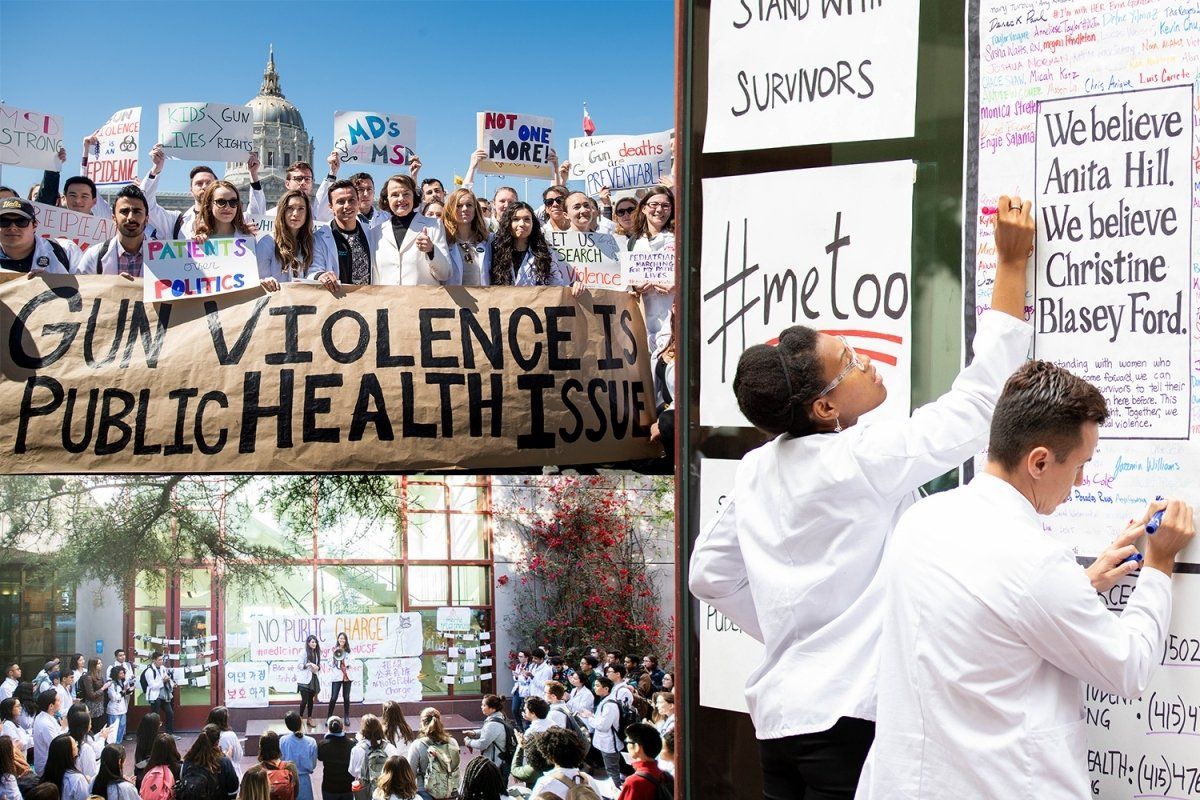
ADVOCATING FOR HEALTH: Health-related issues were major issues of public debate in 2018, and the UCSF community took a stand for our mission and values: Defending our DACA students. Supporting sexual violence survivors. Speaking out on gun violence. Rallying against changes to immigration rules impacting health coverage.
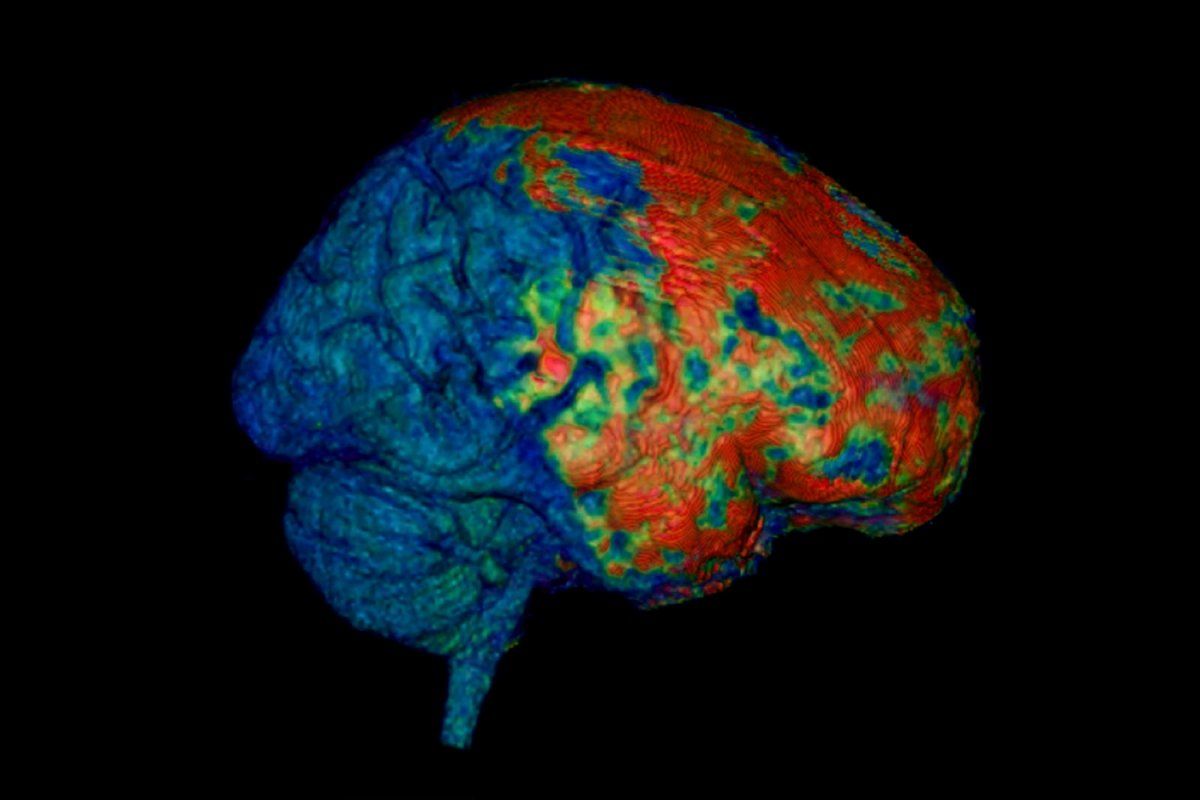
WATCH YOUR HEAD: Two significant studies pointing toward long-term health effects from concussions showed the need to closely monitor head injuries, even if there’s no loss of consciousness. One, published in April, showed an increased risk of Parkinson’s disease, and another, published in May, suggested a higher likelihood of developing dementia. Image by National Institutes of Health and the Center for Neuroscience and Regenerative Medicine
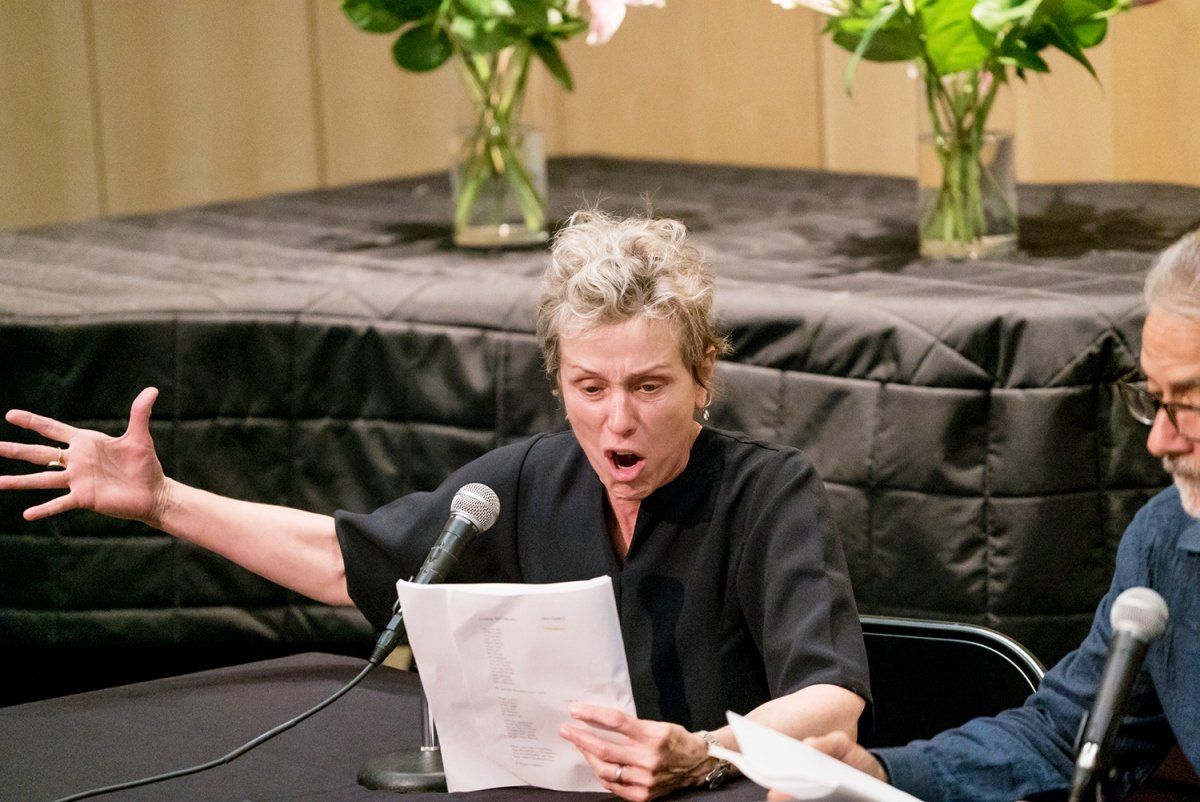
A DIALOGUE ON DEATH: Two-time Oscar winner Frances McDormand headlined a star-studded night at UCSF’s Cole Hall, in a performed reading of “Sudden Death by Illness, Injury, or Choice: Modern Tragedies, Ancient Verse” in April. The programs by the Theater of War Productions use ancient Greek plays to drive discussion about difficult subjects, such as sudden death. Photo by Barbara Ries
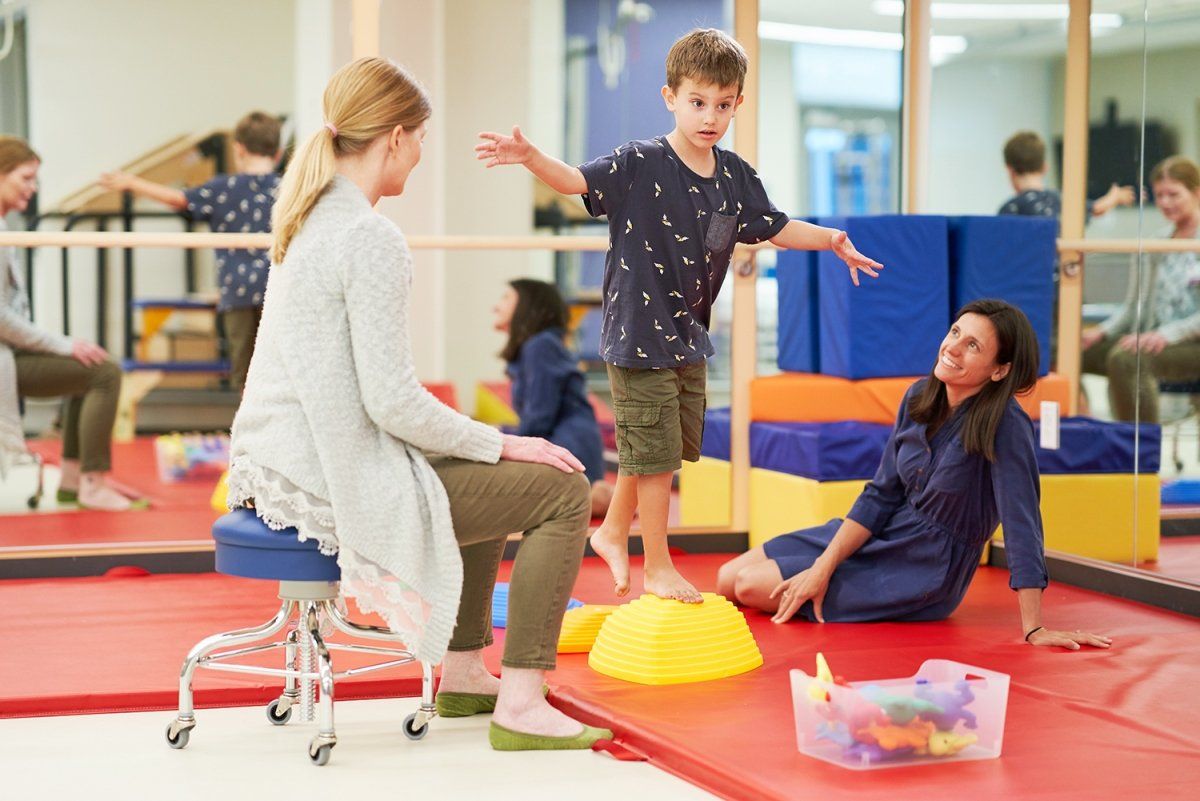
EAST BAY EXPANSION: UCSF Benioff Children’s Hospital Oakland celebrated the opening of its state-of-the-art outpatient center in April. With the new six-story building, the hospital’s outpatient center became the largest pediatric specialty care center in the East Bay. Photo by Steve Babuljak
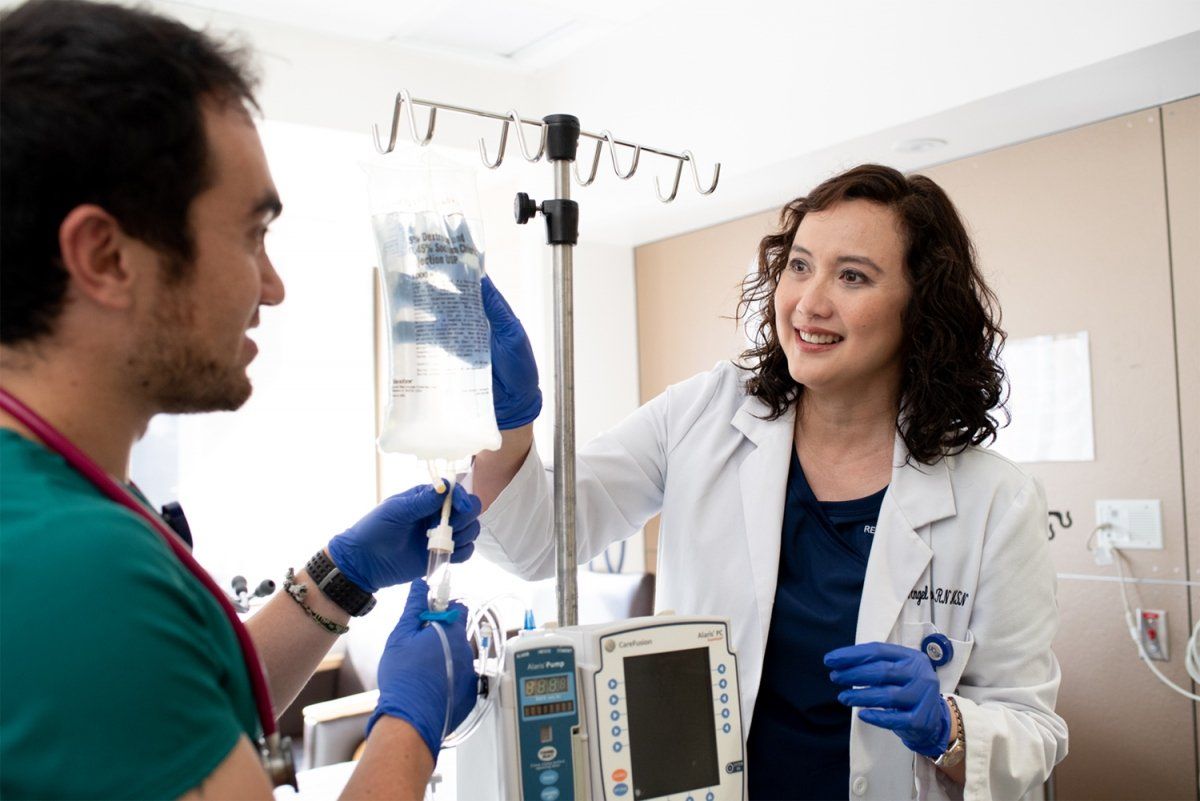
NEW NURSING DEGREE: The School of Nursing expanded its academic offerings to provide more options to future nurses and researchers. The school launched an online Doctor of Nursing Practice degree program, the first of its kind in the University of California system. The school also added a rural health minor, which aims to train a workforce to meet the needs of the more than 800,000 Californians who live outside urban areas. Photo by Elisabeth Fall
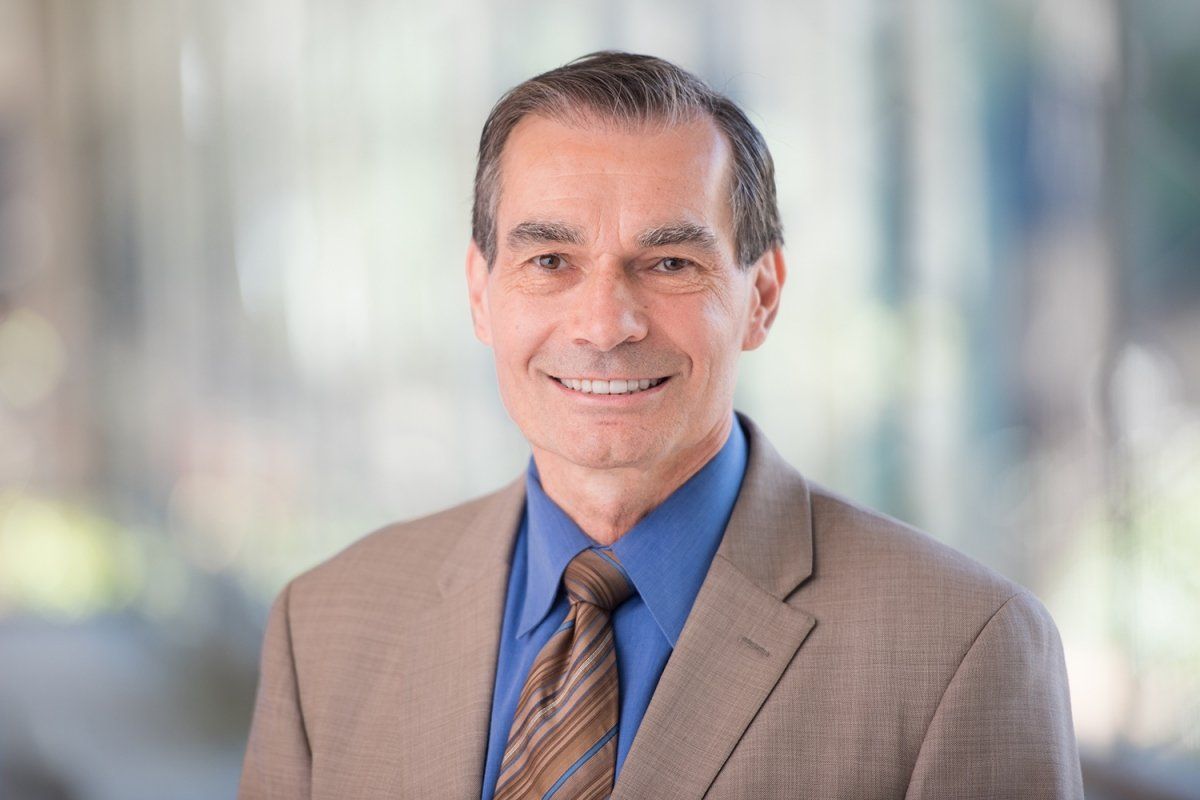
NEW DENTISTRY DEAN: The UCSF School of Dentistry welcomed internationally renowned periodontics specialist Michael Reddy, DMD, DMSc, as its new dean in June. Reddy, who joined UCSF from the University of Alabama at Birmingham, succeeded John Featherstone, MSc, PhD, who led the school for more than a decade. Photo by Barbara Ries
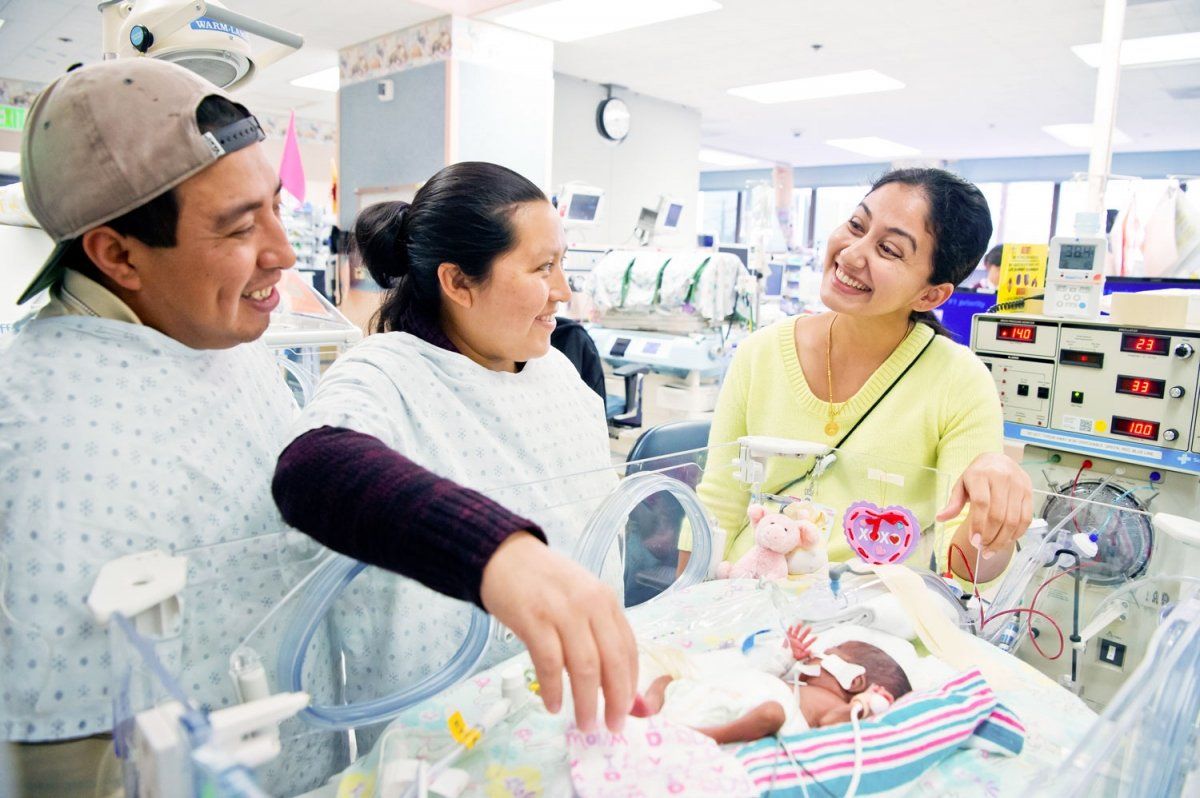
CHILDREN’S HOSPITALS ACCOLADES: UCSF Benioff Children’s Hospitals placed among the country’s finest in all 10 pediatric specialties that were surveyed in this year’s U.S. News & World Report survey of pediatric medical centers. The hospitals, in San Francisco and Oakland, also ranked as the best on the West Coast in neonatology and best in Northern California in five other specialties. Photo by Alain McLaughlin
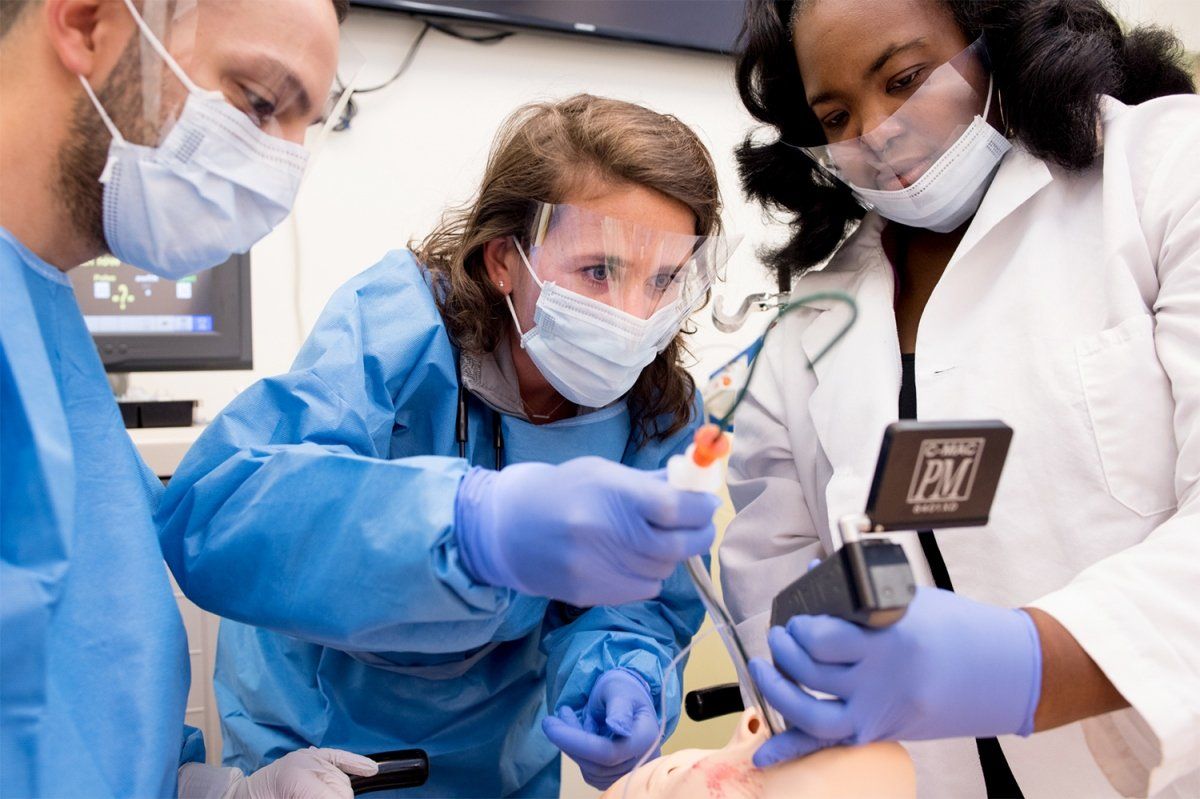
BRANCHING INTO FRESNO: To better prepare medical students to address the unique health needs of the San Joaquin Valley’s diverse and underserved populations, the School of Medicine established a “branch campus” at UCSF Fresno. UCSF students enrolled in the San Joaquin Valley Program in Medical Education (SJV PRIME) program will spend 18 months in San Francisco and then complete their medical schooling in Fresno.
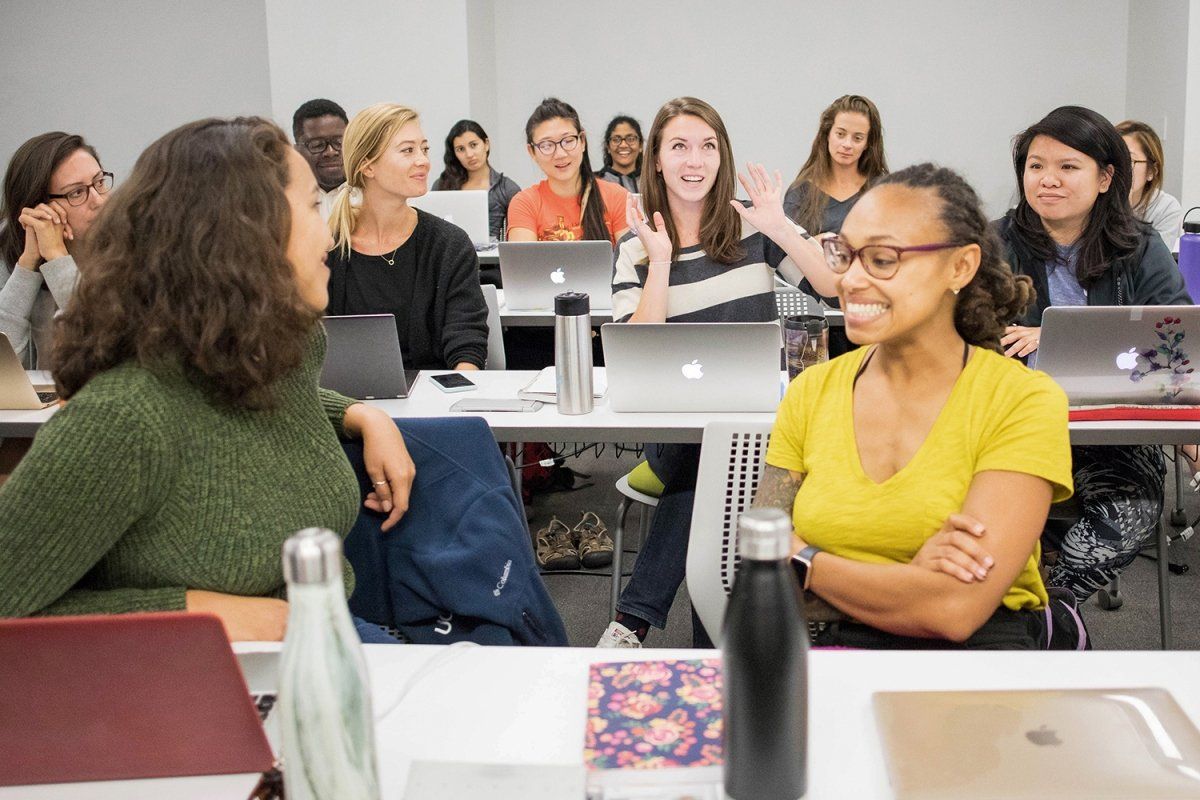
DECADE OF GLOBAL IMPACT: Ten years ago, UCSF launched the first global health masters of science program to give students the tools and skills they need to succeed in global health careers. The program celebrated, and reflected on its success, in July as its latest class of 36 received their degrees.
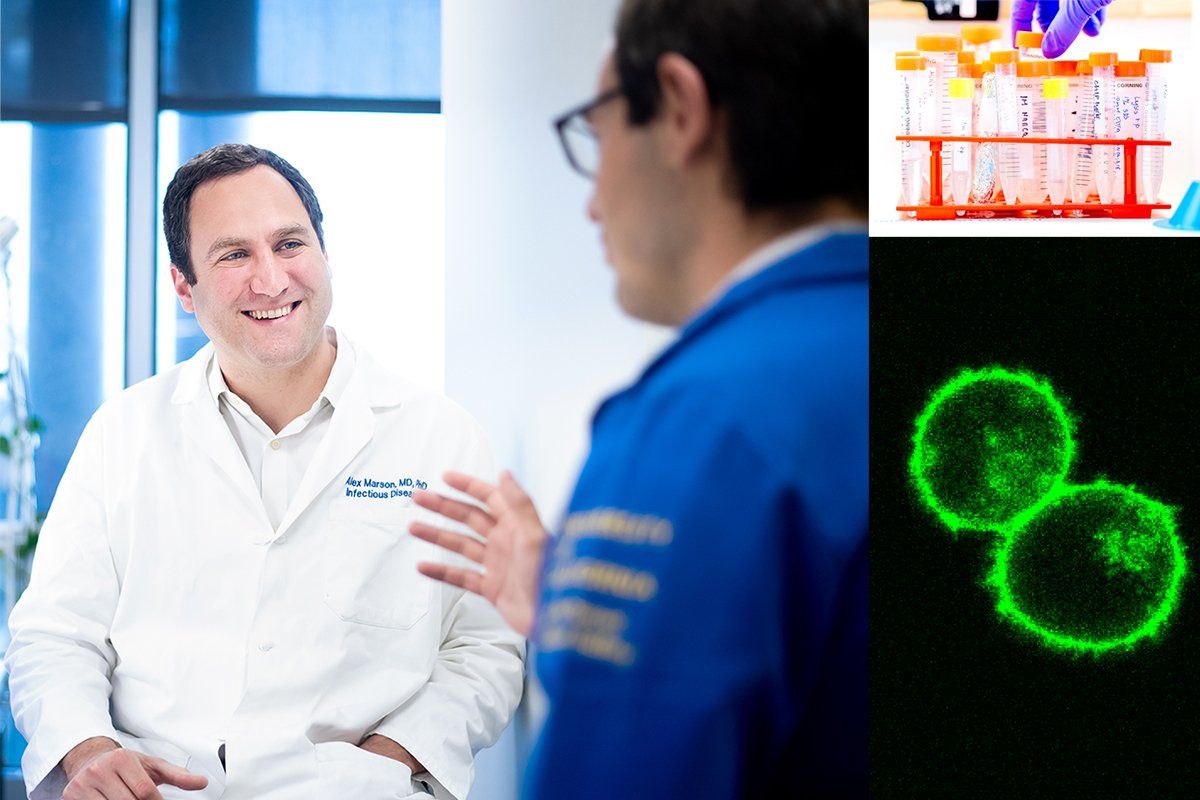
CELL ENGINEERING BREAKTHROUGH: Using CRISPR gene-editing technology, UCSF scientists were able to genetically reprogram T cells without using viruses to insert DNA. The research breakthrough from the lab of Alex Marson, MD, PhD, has significant implications for research and medicine to accelerate the development of new and safer treatments for cancer, autoimmunity and other diseases.
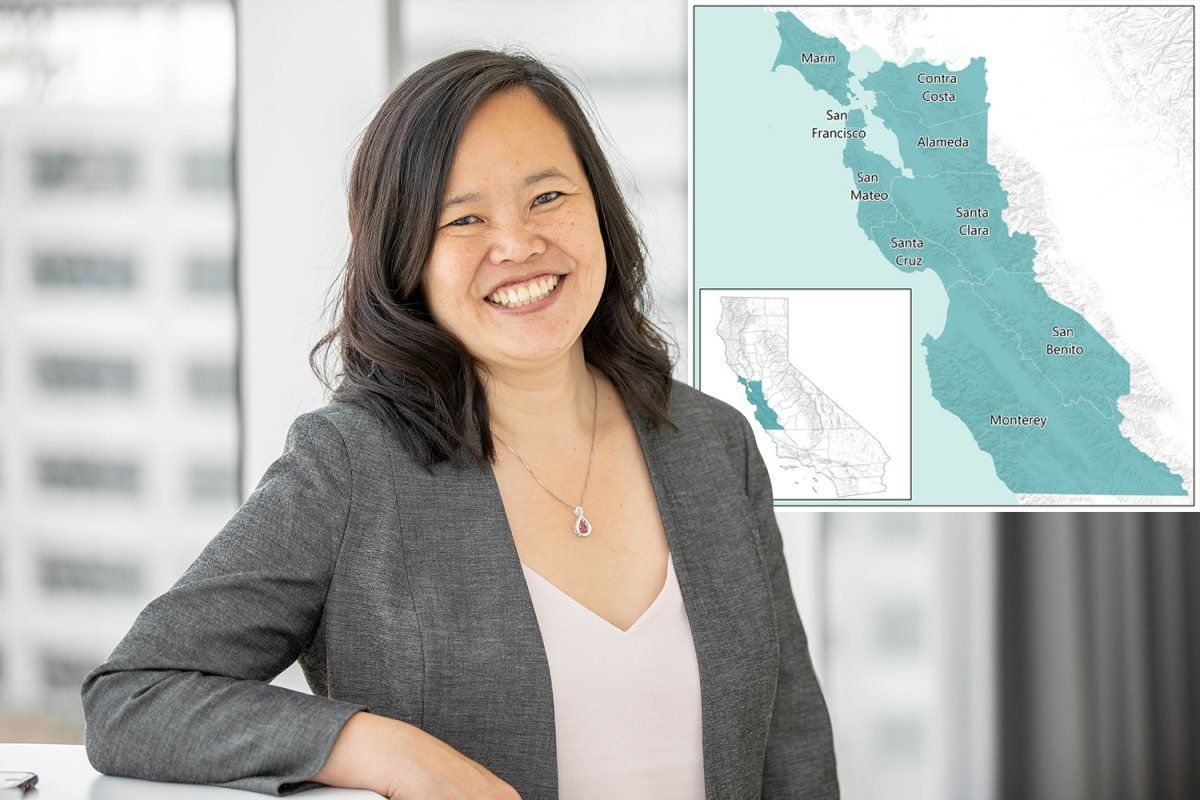
CANCER REGISTRY MOVES TO UCSF: The headquarters and management of the Greater Bay Area Cancer Registry, which has collected cancer data throughout the region for the last four decades, moved to UCSF. The registry, with data collected from about 60 hospitals and more than 8,400 physicians, provides a public resource to document and track cancer burden in our communities.
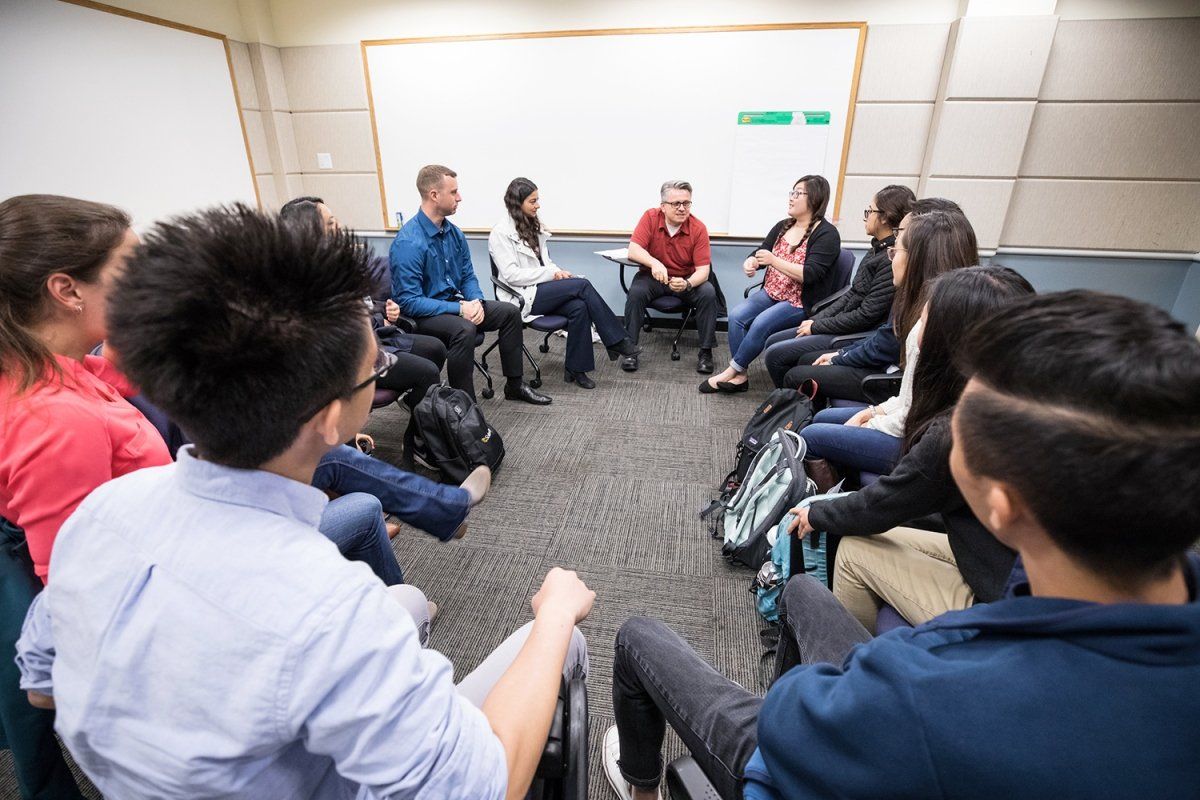
NEXT-GENERATION PHARMD: The School of Pharmacy launched a new curriculum that from day one starts developing an inquiry habit and puts the patient front and center for the students. The revamped curriculum was built to differentiate UCSF’s PharmD degree program from the growing number of programs nationwide. Photo by Elisabeth Fall
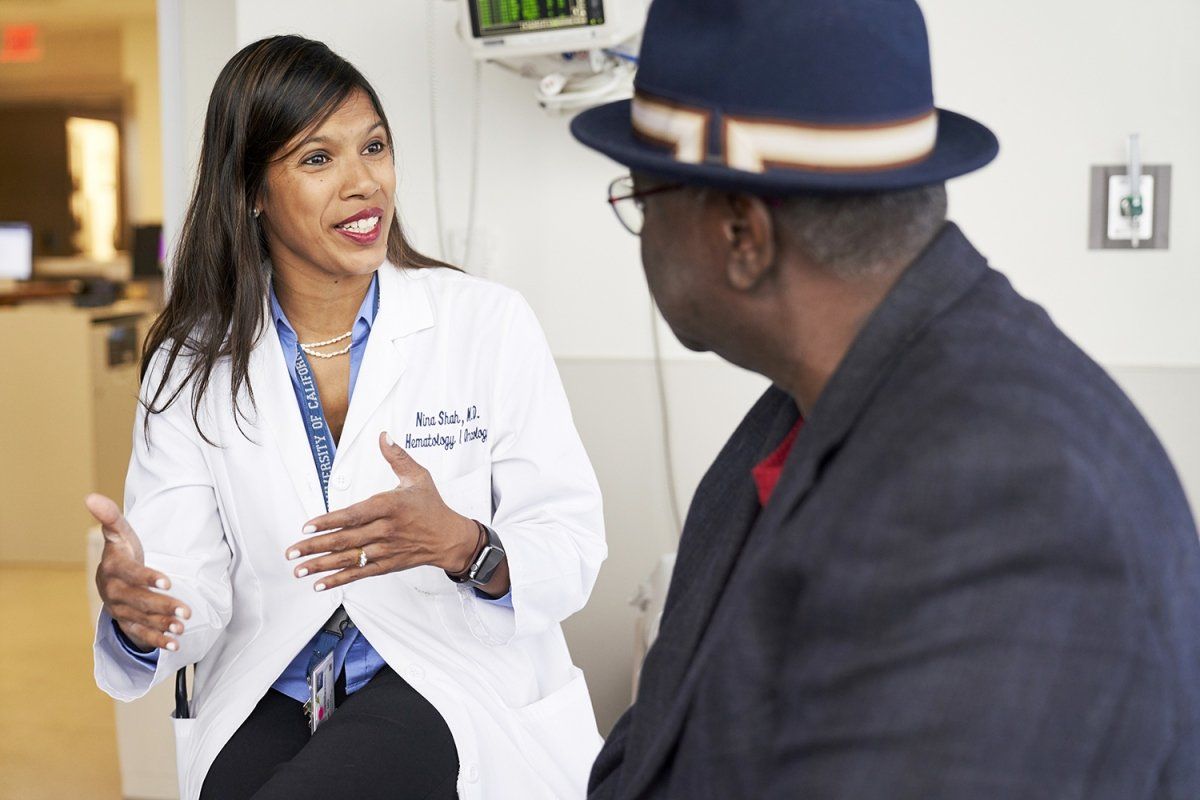
BEST IN THE WEST, AGAIN: For the second straight year, the U.S. News & World Report’s Best Hospitals survey named UCSF Medical Center as the best hospital on the West Coast and sixth-best in the nation. In the August survey, UCSF also received special recognition for exceptional performance in 15 medical specialties. Photo by Steve Babuljak
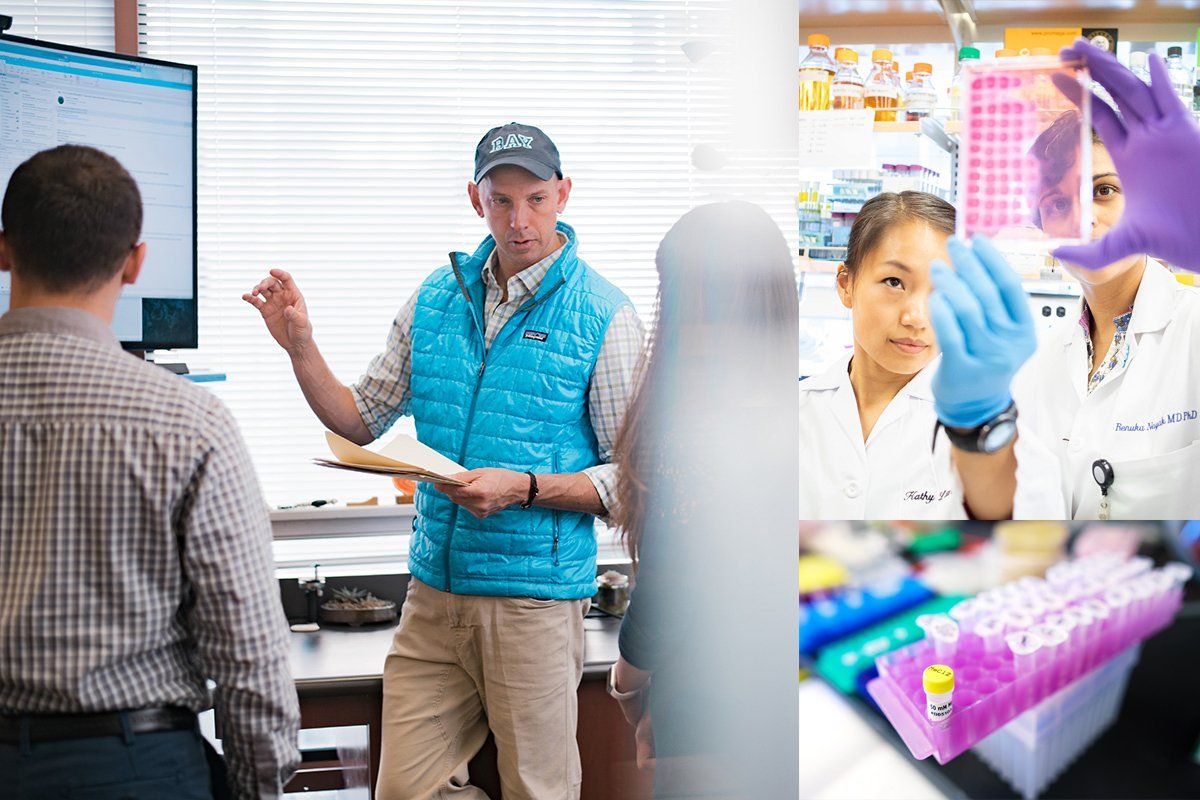
COLLABORATIVE IMMUNOLOGY: The Bakar ImmunoX Initiative launched in September with the aim of breaking down barriers that traditionally separate immunology research by disease area. The initiative will organize the UCSF immunology community around “CoProjects” that will tackle fundamental questions in the field, working in “CoLabs” that provide access to a shared ecosystem of state-of-the-art research facilities at the Parnassus Heights campus.
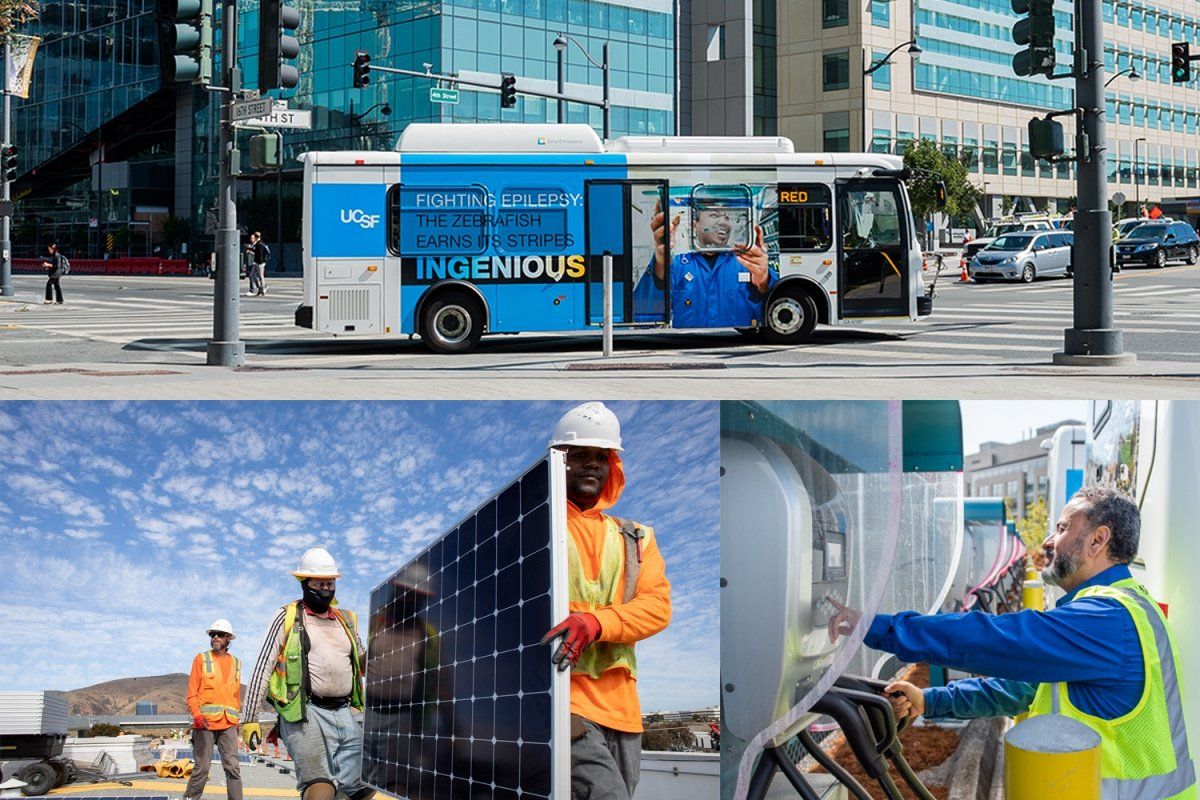
GOING GREENER: A greener future is a healthier future. UCSF took several steps toward its goal of being carbon neutral by 2025 by launching new, all-electric shuttles and installing solar panels in San Francisco and Fresno. UCSF’s Institute for Global Health Science also hosted a forum convening 300 experts to discuss how health is tied to climate change.
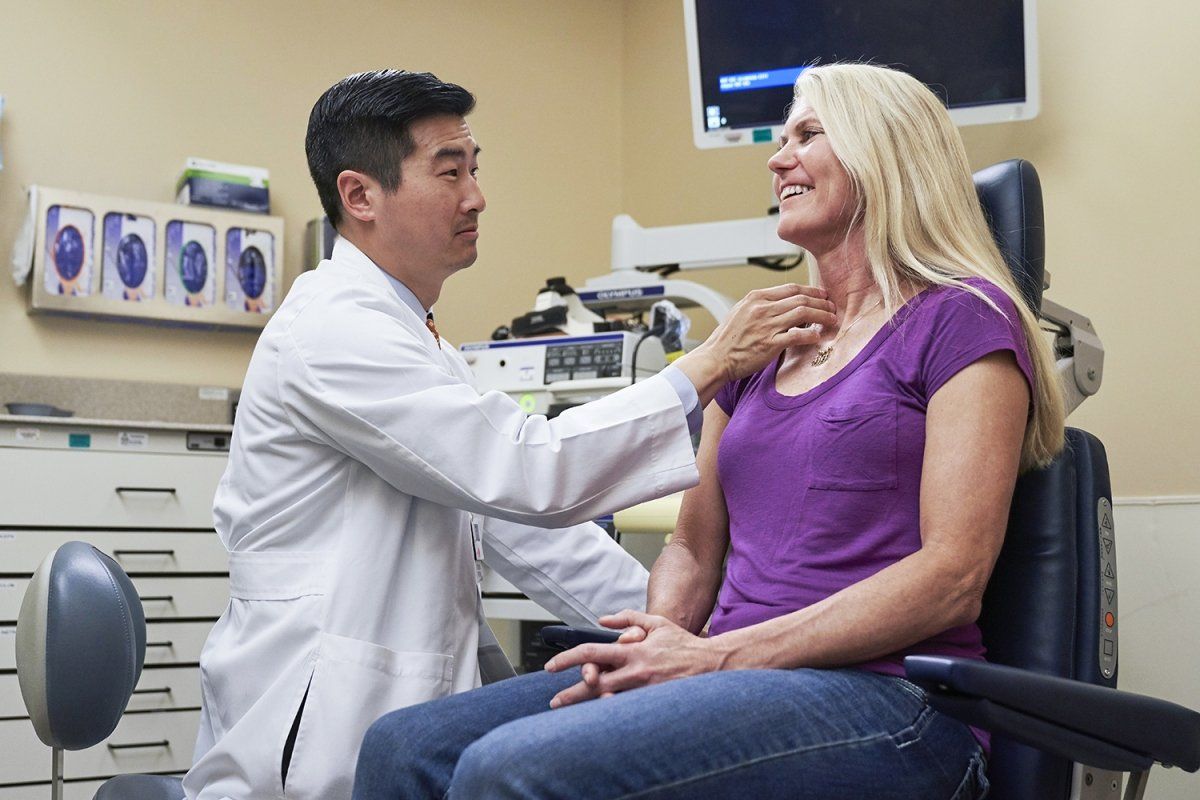
CARING FOR THE BAY AREA: UCSF Health entered into collaborations and partnerships to expand access to top-tier patient care across the Bay Area, including a strategic alliance with Marin General Hospital and an agreement with John Muir Health to build an East Bay cancer network.
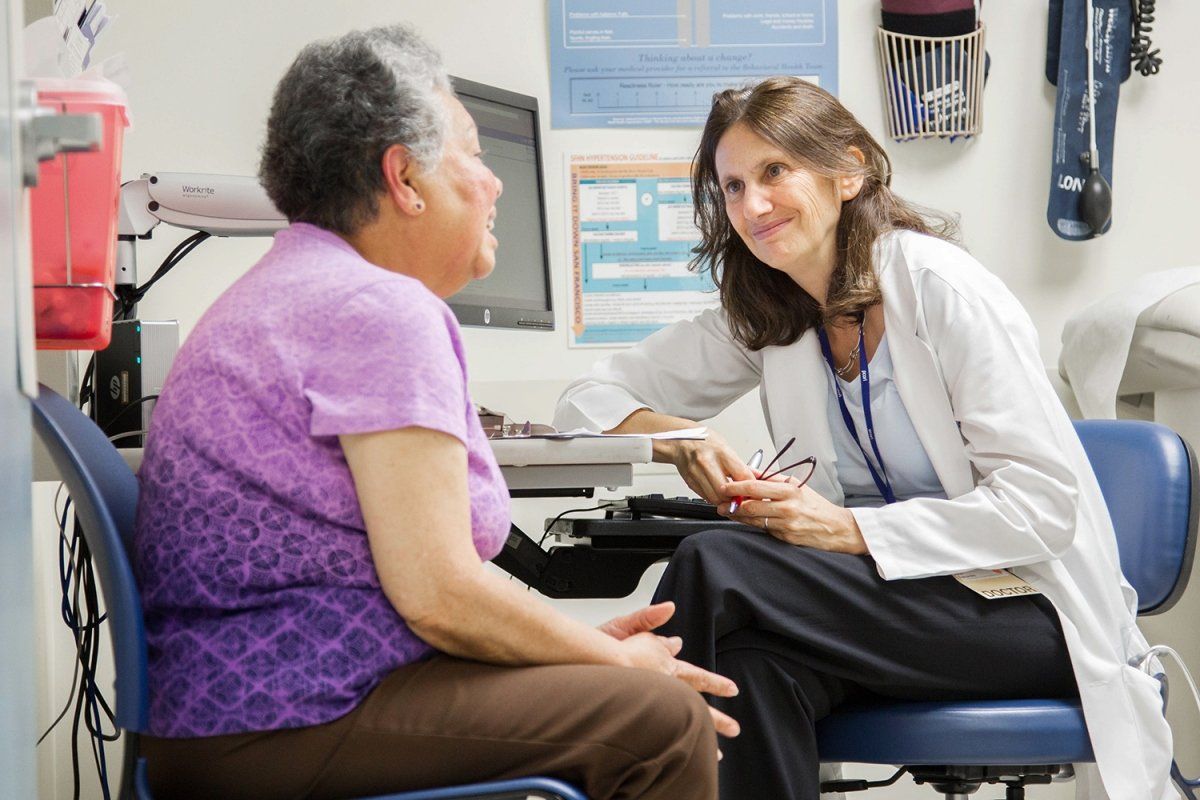
LATINX REPRESENTATION: A new center at UCSF aims to increase the number of Latino medical school students so the workforce can better serve California’s largest ethnic group. A four-year federal grant, announced in September, will allow UCSF to establish the UCSF Latinx Center of Excellence, which will be led by Alicia Fernández, MD. Photo by Susan Merrell
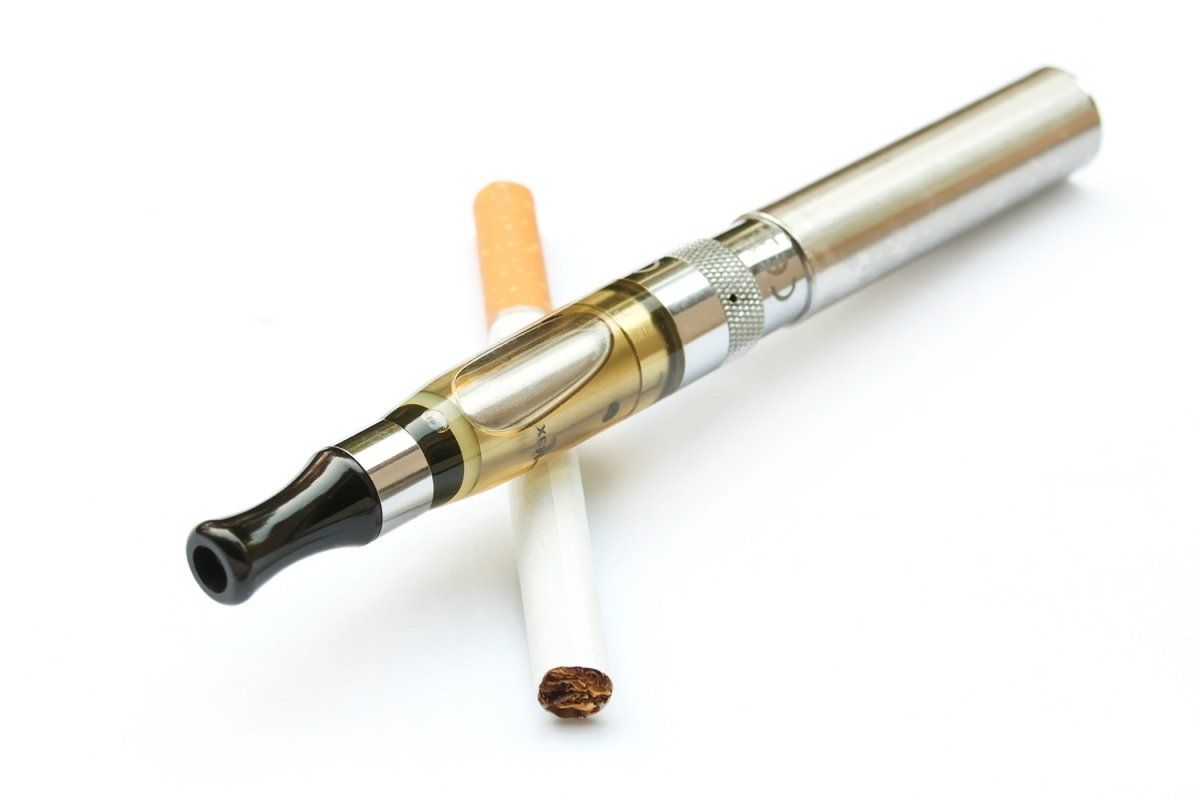
NEW TOBACCO TRENDS: With the use of e-cigarettes and other non-cigarette tobacco products increasing nationwide, the federal government in September awarded UCSF a $20 million grant to study how vaping compares with cigarettes in terms of health effects.
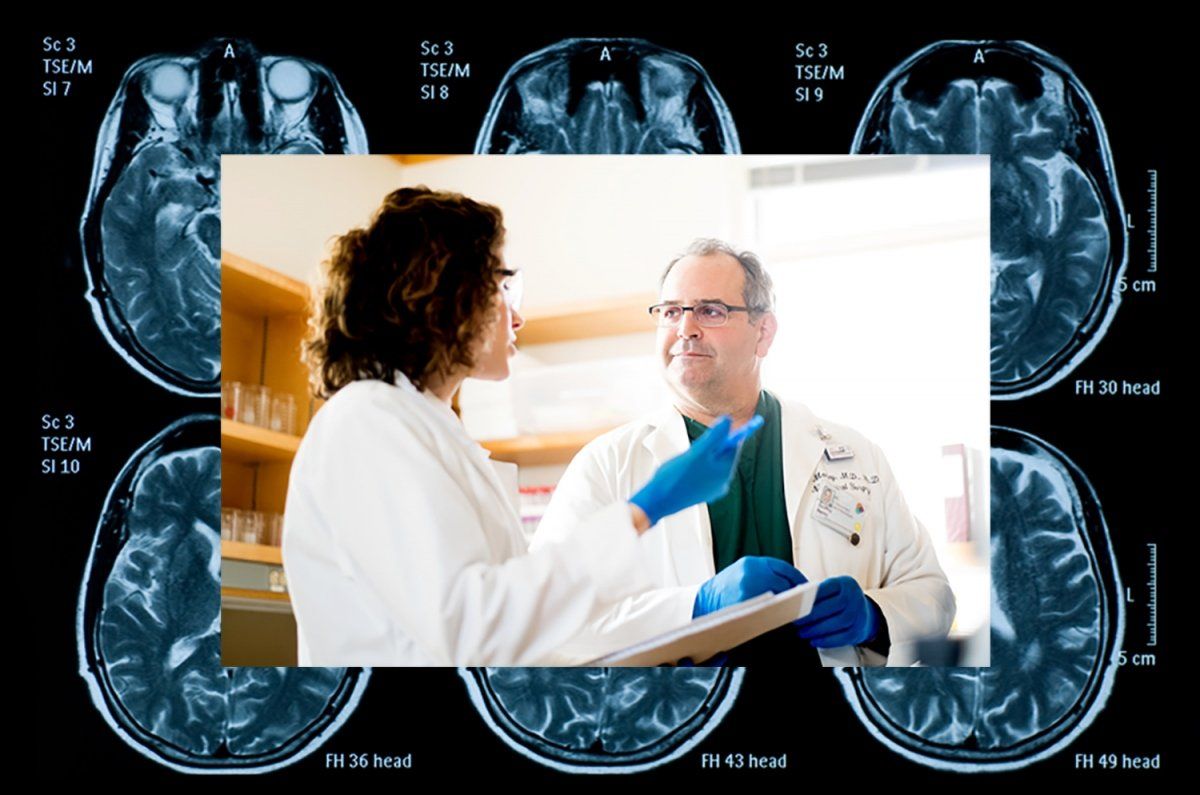
FINDING DRUGS FOR TBI: UCSF continues to lead research into treatments for traumatic brain injury (TBI), with a new, $26.2 million award in October from the Army for clinical trials of phase II drugs. Geoffrey Manley, MD, PhD, is leading the TRACK-TBI initiative across 18 hospitals.
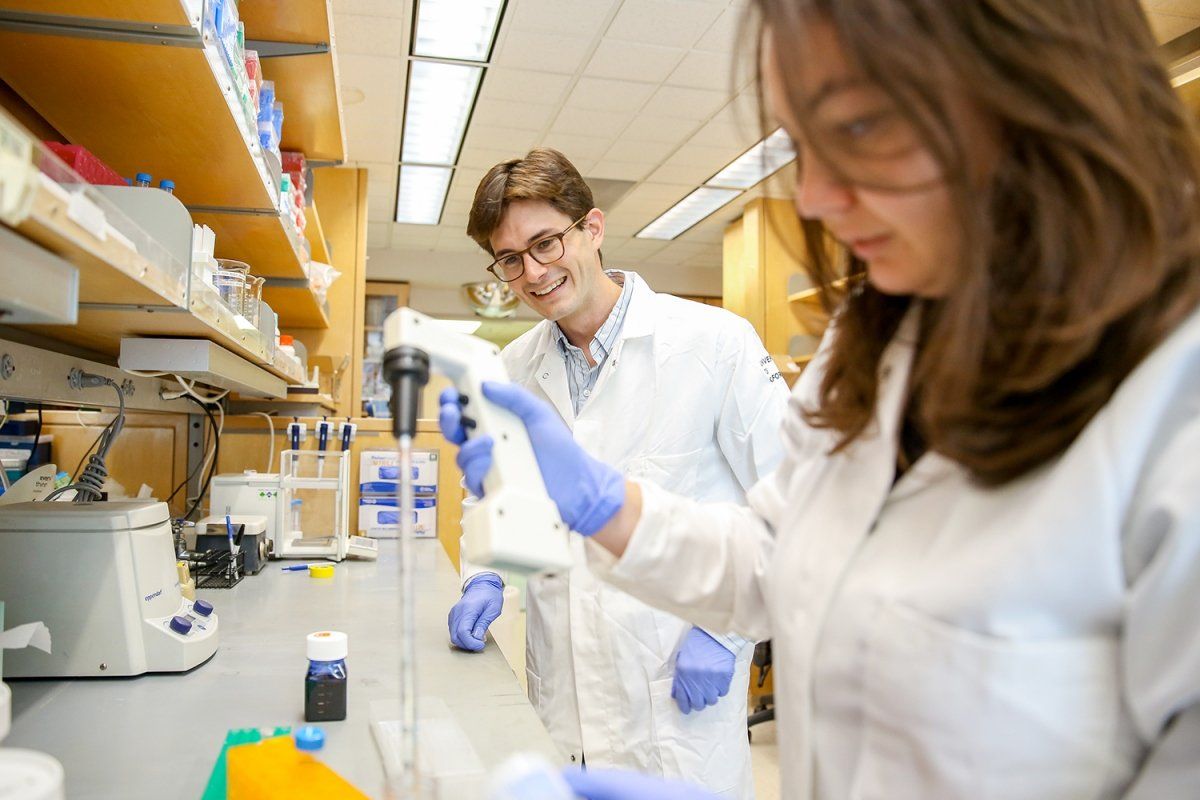
RESEARCH RANKINGS: Immunology and neuroscience were among the research areas at UCSF that were ranked among the best in the world by U.S. News & World Report’s Best Global Universities rankings, released in October. The rankings placed seven UCSF health science research areas in the top 10. Photo by Susan Merrell
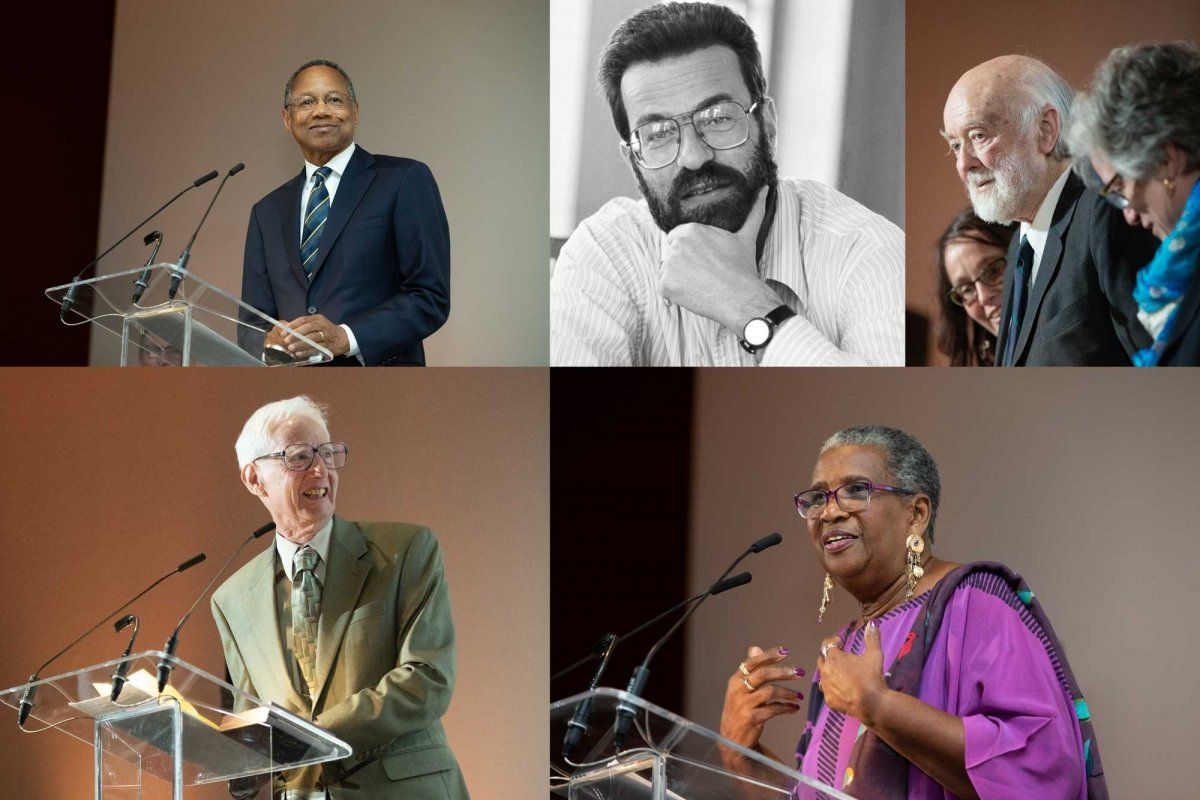
UCSF’S HIGHEST HONOR: Pioneers in women’s health equity and pharmaceutical science, as well as a nationally renowned health care and policy leader were honored in November with UCSF Medals – the University’s highest honor. The three medals were awarded to health care activist Byllye Avery; longtime UCSF leader and health policy scholar A. Eugene Washington, MD, MSc; and the founding fathers of computational chemistry Irwin “Tack” Kuntz, PhD, Robert Langridge, PhD, and the late Peter Kollman, PhD.
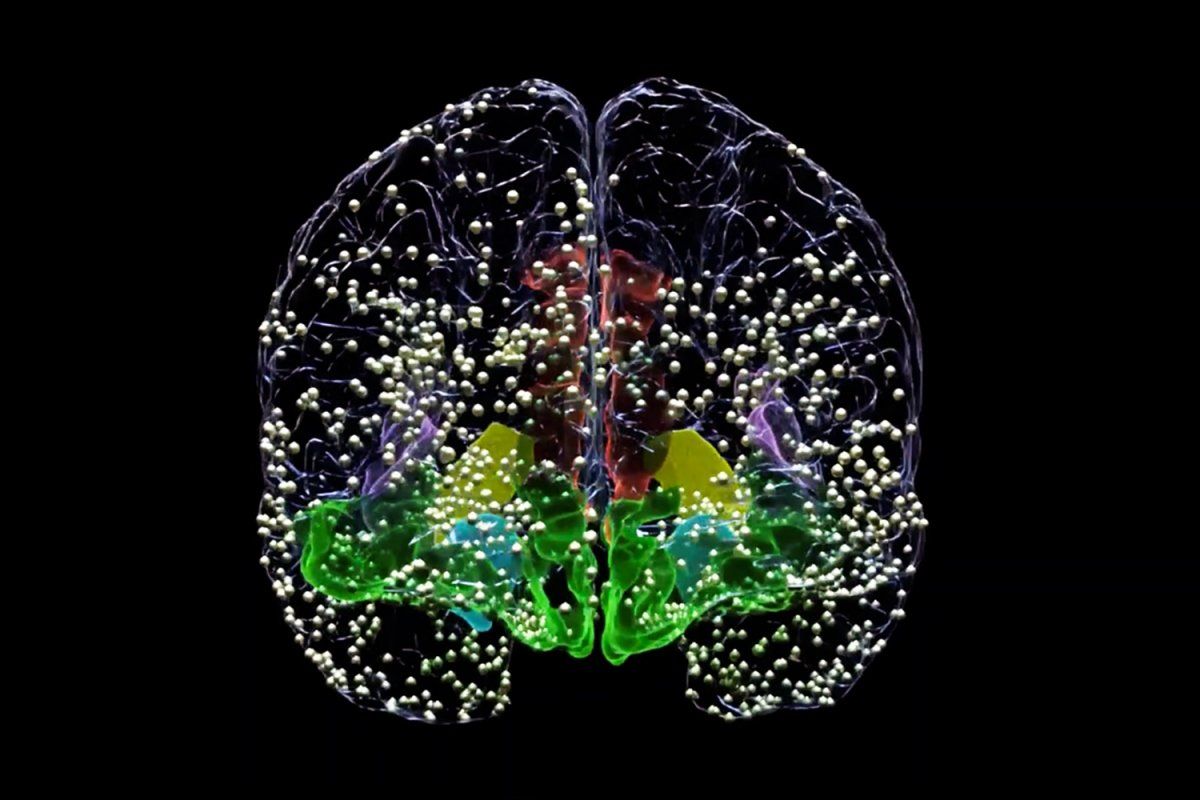
UNDERSTANDING MOOD DISORDERS: The key to treating the millions of Americans who suffer from anxiety and depression is to better understand how it works. UCSF made several research advancements this year, including a study that identified “anxiety cells” in the brain and another that showed zapping the orbitofrontal cortex could help treatment-resistant depression. A new $20 million gift by the Dolby family in September will expand research further, establishing the UCSF Dolby Family Center for Mood Disorders.